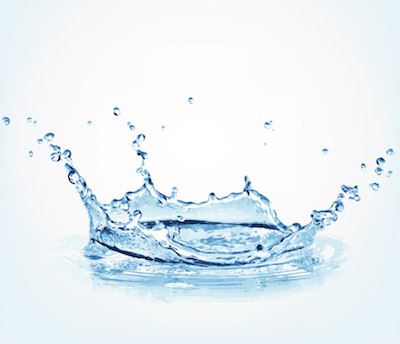A leaking water heater can indicate several problems. It can be something as simple as a loose connection, or more serious such as a corroded water tank.
The first step is to determine how much water is leaking and where it’s coming from.
A couple of the most obvious places to start is with the pressure-relief valve and the drain valve. The pressure-relief valve is located at the top of the water heater, while the drain valve is connected towards the bottom.
Less obvious leaks can come from things like condensation from leaky fittings. You may also find leaks coming directly from the bottom of the tank. This is the most serious as it indicates corrosion has eaten through the tank. You are at risk of the tank bursting and flooding your home.
It’s quite common for water to be dripping from the temperature-pressure relief valve, which is designed to release water when it senses too much pressure. This pressure can be caused by the temperature dial being set too high, by the water pressure connected through your home’s water main, or by valves that reduce water pressure in your water supply system.
In some cases, the temperature-pressure relief valve may be faulty. Replacing it will solve the problem. A fully functional relief valve is necessary to prevent excessive buildup of steam that could cause the water heater tank to explode. A reputable plumber can fix it quickly.
Drips from the water heater drain valve can often be handled by tightening the drain valve. If it’s defective and can’t be tightened, it needs to be replaced. Knowing when to replace a water heater is important for maintaining the efficiency and safety of your home’s hot water supply.
When you see condensation drips, it often occurs when the tank is filled with cold water, or during colder seasons. It may disappear once the water has had a chance to warm up. If you see condensation on gas water heaters, it can also come from the vent. Ensure there aren’t any obstructions. If so, the flue should be cleaned out. A water heater professional can help you clean it out.
Have additional questions about your water heater? We can help.

